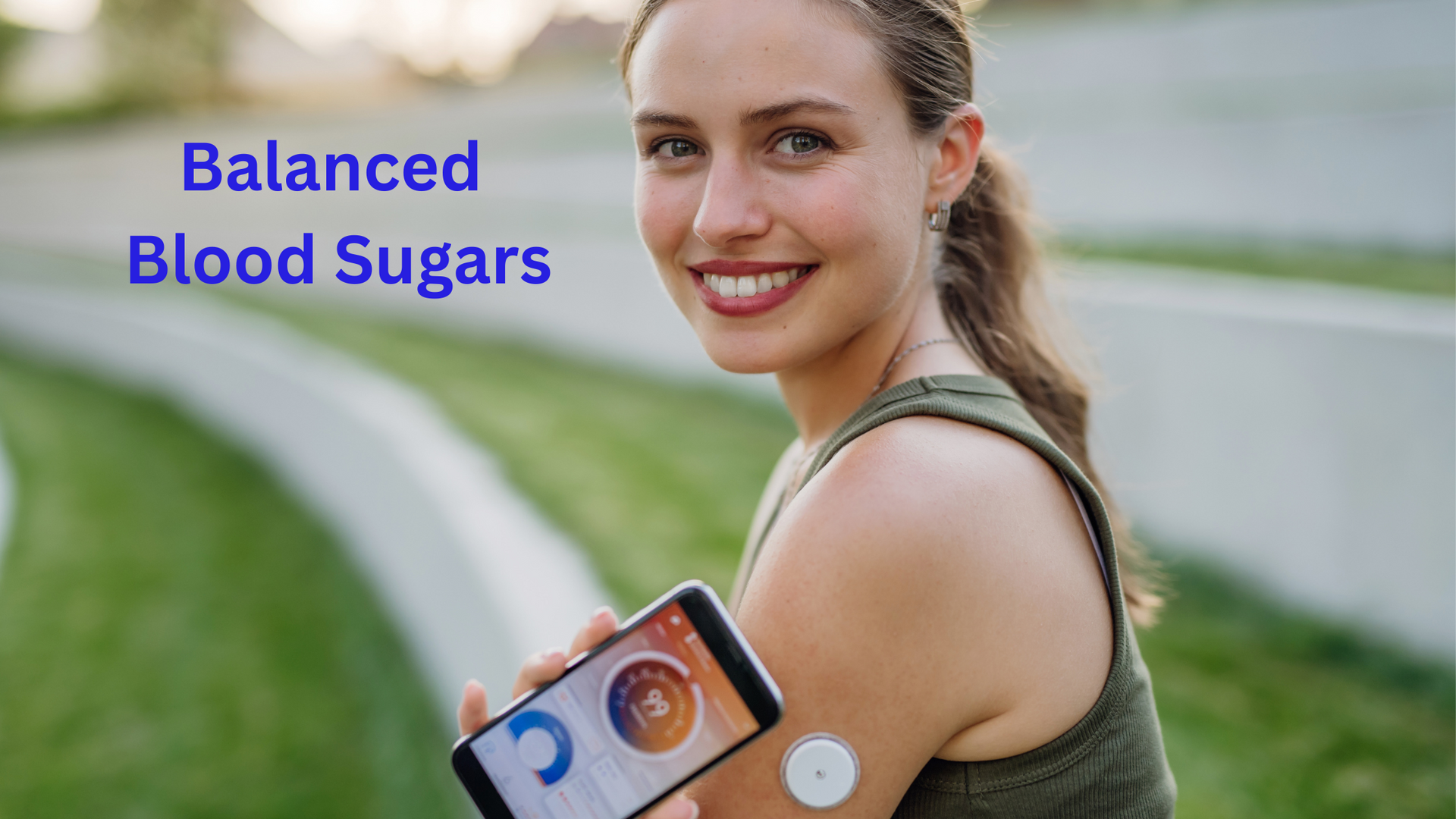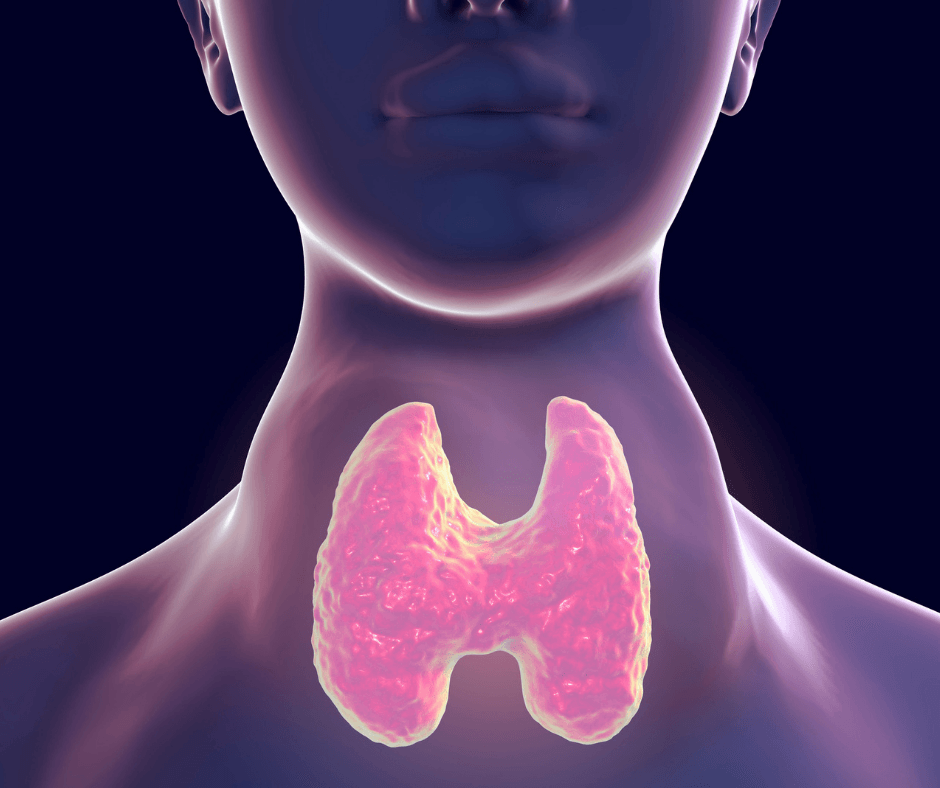Gut Health

Are digestive issues stopping you from achieving optimal health?
How important is gut health?
The gut is the primary gateway to how the external environment interacts with the rest of the body. The gut determines what gets in and what stays out.
The gut has a lot of tasks: such as breaking down food, killing pathogens, absorbing nutrients to supply the rest of the body, and making neurotransmitters (chemicals that make it possible to communicate with the nervous system).
Your gut also contains ~70% of your immune system (gut-associated lymphoid tissue) and plays an important role in regulating your immune system.
The gut also has a microbiome (collection of living organisms) that is important in regulating bowel movements, synthesizing certain vitamins, aiding in digestion, balancing mood, protecting against infections and so much more!
What are some symptoms if your gut is not functioning properly?
- Nausea
- Acid reflux
- Abdominal bloating
- Excessive gas
- Constipation
- Diarrhea
- Foul-smelling stools
- Undigested food in stools
- Fatigue
- Joint pain
- Symptoms of environmental allergies
- Rash
- Acne
- Headaches
- Decreased mood or anxious
What are some reasons for digestive issues?
- Low stomach acid . Most common symptoms are bloating and belching right after eating a meal. Gastric acid is important for killing potentially harmful pathogens and breaking down proteins.
- Lack of digestive enzymes . Symptoms usually include gas, bloating, abdominal pain or diarrhea. Digestive enzymes are important in the digestive process to break down proteins, fats and carbohydrates.
- Food allergies . Affects 6-8 percent of children under age 3 and up to 3% of adults. Usually a reaction happens quickly within minutes of ingesting a food allergy and triggers the immune systems IgE response. Symptoms can present as digestive problems, but symptoms can also present as hives, trouble swallowing or breathing—which is an emergency! Symptoms can be very severe and life threatening, so if someone is experiencing life threatening symptoms call 911 and/or go to the ER immediately!
- Food sensitivities . These are a delayed IgG immune response and can take hours to days to cause symptoms, making it difficult to notice if a certain food is causing symptoms. An elimination diet and/or food sensitivity test can identify foods that are causing symptoms. Food sensitivities can cause all kinds of issues such as migraine headaches, gastrointestinal symptoms, rashes, fatigue or joint pain.
- Medications . Chronic use of medications such as PPI’s, NSAIDS, antibiotics and steroids can affect the gut and how it functions. If you are taking PPI’s (proton pump inhibitors) for an extended period of time, they decrease stomach acid leading to trouble digesting proteins and killing potentially harmful pathogens. NSAIDs can cause small intestinal inflammation, lead to a leaky gut and have a negative affect on the gut microbiome. NSAIDs can also cause upper gastrointestinal ulcers.
- Dysbiosis . When there is a loss of helpful microbes, more pathogenic microbes and loss of diversity of the gut microbiome dysbiosis occurs. This can cause inflammation and lead to the gut not functioning normally. Comprehensive stool testing can be helpful to determine if dysbiosis is contributing to a patients symptoms or conditions.
- Heavy metals or other toxins . Heavy metal accumulation can occur in any part of the body. When heavy metals are present in the gut, it can cause poor digestion. Heavy metals are also commonly associated with dysbiosis. Studies such as urine and hair are obtained to evaluate for heavy metals or other toxins.
- Poor diet . What you put into your gut affects your gut! If you are eating poor quality food that is causing inflammation rather than nourishing your body, it is going to cause poor gut health and affect your overall health!
Are you are having digestive issues and not able to get any answers about the cause of your gut issues? Take a FREE Health Assessement @ www.NewBeginningsFMC.com and then schedule a FREE 15 minute consultation with New Beginnings . Dr. Shannon is passionate about partnering with you to find the root cause of your symptoms or conditions!
References:
https://www.ncbi.nlm.nih.gov/pmc/articles/PMC5772764/
https://www.ncbi.nlm.nih.gov/books/NBK10957/
https://www.ncbi.nlm.nih.gov/pmc/articles/PMC2515351/
https://www.mayoclinic.org/diseases-conditions/food-allergy/symptoms-causes/syc-20355095
http://blogs.oregonstate.edu/linuspaulinginstitute/2015/08/14/microbiome-and-diet/
http://learn.genetics.utah.edu/content/microbiome/
https://www.ncbi.nlm.nih.gov/pmc/articles/PMC1727292/
http://agaperspectives.gastro.org/nsaids-and-the-gut-what-do-i-need-to-know-now/#.XRvG6S3MzRY
https://www.ncbi.nlm.nih.gov/pmc/articles/PMC4143175/


Dr. Shannon's Blog











